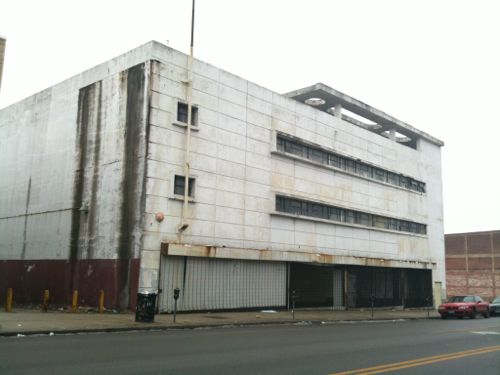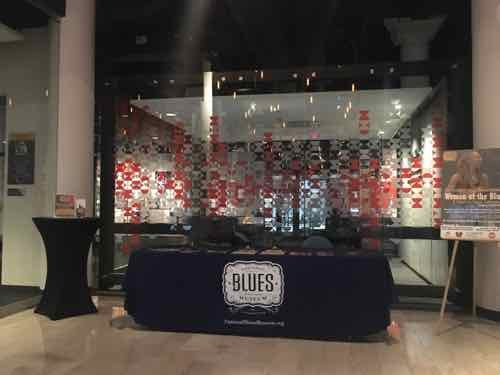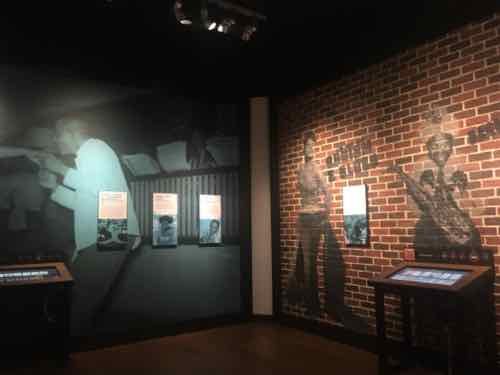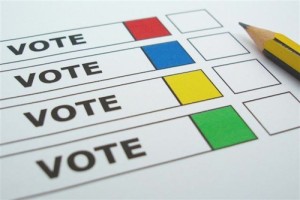St. Louis’ Easton & Franklin Avenues Became Dr. Martin Luther King Drive 45 Years Ago Today
Last month, on the Martin Luther King holiday, I posted my 13th look at the street named after the slain civil rights leader — see Annual Look At Changes Along St. Louis’ Dr Martin Luther King Drive. From a STL250 Facebook post that has since been deleted:
This Day in St. Louis History, February 17, 1972:
Martin Luther King Boulevard is dedicatedA Board of Aldermen bill was passed that changed the name of Easton Avenue and portions of Franklin Avenue to Martin Luther King Boulevard. Alderman C.B. Broussard was a primary sponsor, and he announced that the change was part of a nationwide organized drive to rename street[s[ in honor of the murdered civil rights figure. Martin Luther King Jr. was shot and killed by James Earl Ray on April 4, 1968 while standing on a hotel balcony in Memphis, Tennessee. Just days after his murder, Congress passed the Civil Rights Act of 1968.
By 1972 St. Louis was aware the 1960s was its second decade in a row with major losses in population. In the two decades since the St. Louis population peaked in the 1950 census, the city lost more than a quarter of its residents. The biggest reduction, however, happened during the 1970s. By the 1980 census St. Louis had again lost more than a quarter of the population — in a single decade.
As the white middle class fled North St. Louis for North St. Louis County, commercial streets like Easton & Franklin Avenues were already in decline before 1972.
One building symbolizes this change better than any other. Demolition of existing 2-story buildings began on February 29, 1948 — the new JC Penny store opened the following year. By 1967 the store was so crowded a warehouse was added to the West (since demolished). Less than a decade later, the store closed on September 11, 1976.


As residents fled to North County retailers followed them. New shopping areas like Northland (1955), River Roads (1962), Northwest Plaza (1965), and Jamestown Mall (1973) opened to serve the new suburban middle class. Franklin & Easton Avenues would have declined even it not renamed.
Can this corridor be revived? To the point of being the honor it was intended? I have my doubts. Perhaps we should do something different to causally honor Dr. King’s legacy and return the street name to Easton & Franklin Avenues?
— Steve Patterson





